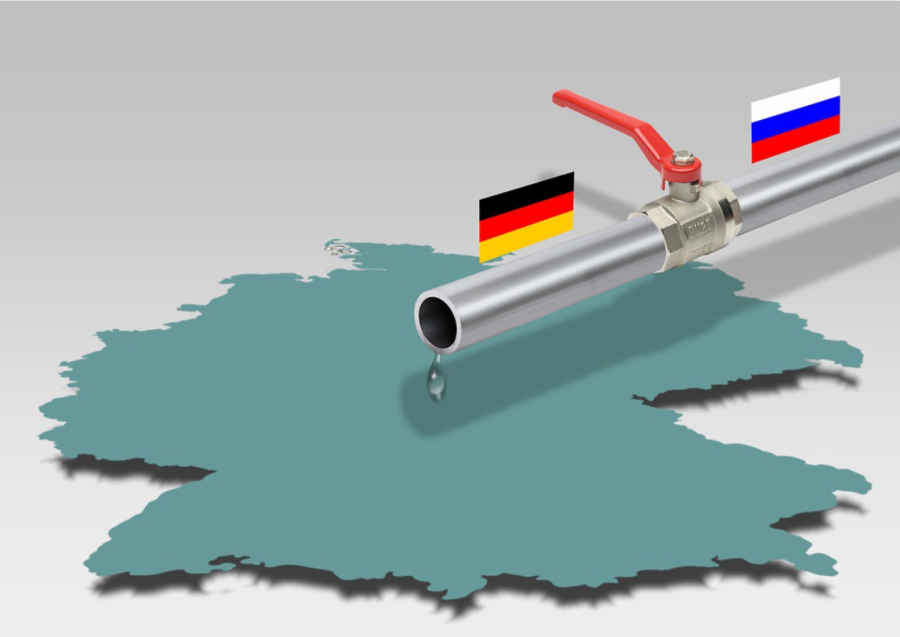The Russian invasion of Ukraine has been going on for seven months, with over 30,000 casualties, but a majority of the war has been fought economically. Imposing multiple sanctions and cutting down the use of Russian energy are just a few things world governments have done in the fight against Russia.
Europe is anticipating a cold and brutal winter. On Sept. 2, one of Europe’s largest and cheapest energy sources, natural gas from the Nord Stream 1, closed all of its operations. Such a vital pipeline connecting Russia to Germany was shut down.
Russia’s Gazprom, a Russian majority state-owned multinational energy corporation, has “identified a defect in the last working turbine of the Nord Stream gas pipeline that carries Russian gas under the Baltic Sea to Germany.” Gazprom has blamed European countries and the West’s sanctions for leaving the company unable to repair the pipeline.
The shutdown of Nordstream did not come as a surprise to anyone. As seen by the European natural gas markets, the shutdown was already factored into oil prices before it even happened. However, some things were not calculated, such as European industries and their response to the lack of energy.
With many different industries affected, a recession is likely if Europe does not find another way to power its factories. According to Joe Wallace and Kim Mackrael, almost all industries will be affected by “steel and aluminum to cars, glass, ceramics, sugar and toilet-paper makers. Some industries, such as the energy-intensive metals sector, are shutting [down] factories that analysts and executives say might never reopen, imperiling thousands of jobs.” The shutdown of crucial industries can affect the American economy as the import prices increase, resulting in increased consumer costs.
The European government is sitting on an economic time bomb. With an increase in unemployment and a decrease in production and exports, Europe will need to conserve energy and money this winter. European factories are already on the verge of financial collapse with the energy reduction, and many have had to shut down operations.
The European governments have taken steps to combat the significant decrease in energy. They received liquid gas shipments from the United States and the Middle East. Germany restarted two power plants that were supposed to shut down by the end of this year. Due to such actions, analysts have had a more optimistic outlook on the
However, this time bomb is not just on Europe. Amidst a war, cash is an essential weapon countries need, and Russia just lost one of its biggest weapons. For now, the shutdown of Nordstream 1 is waiting for which side will fall first, the European economies collapse or the need for cash in Russia.
The shutdown of Nordstream 1 can also result in changes in our lives across the world. With the need for energy in Europe, America has increased its oil and gas supplies to power Europe. That can result in a better economy and more cash flow for the United States.
Mrs.Brown, a business teacher at the PVHS, says, “The Quad City area will see many, many price changes in normal day products as any changes in Europe’s economy will trickle down to the United States Economy, resulting in high import costs for everyday products from Europe.” This is the same effect the United States had during both World Wars.
The decrease in imports will affect our lives in the Quad Cities with higher prices for computers, optical products, chemicals, machinery & equipment, electrical equipment, and basic metals.









